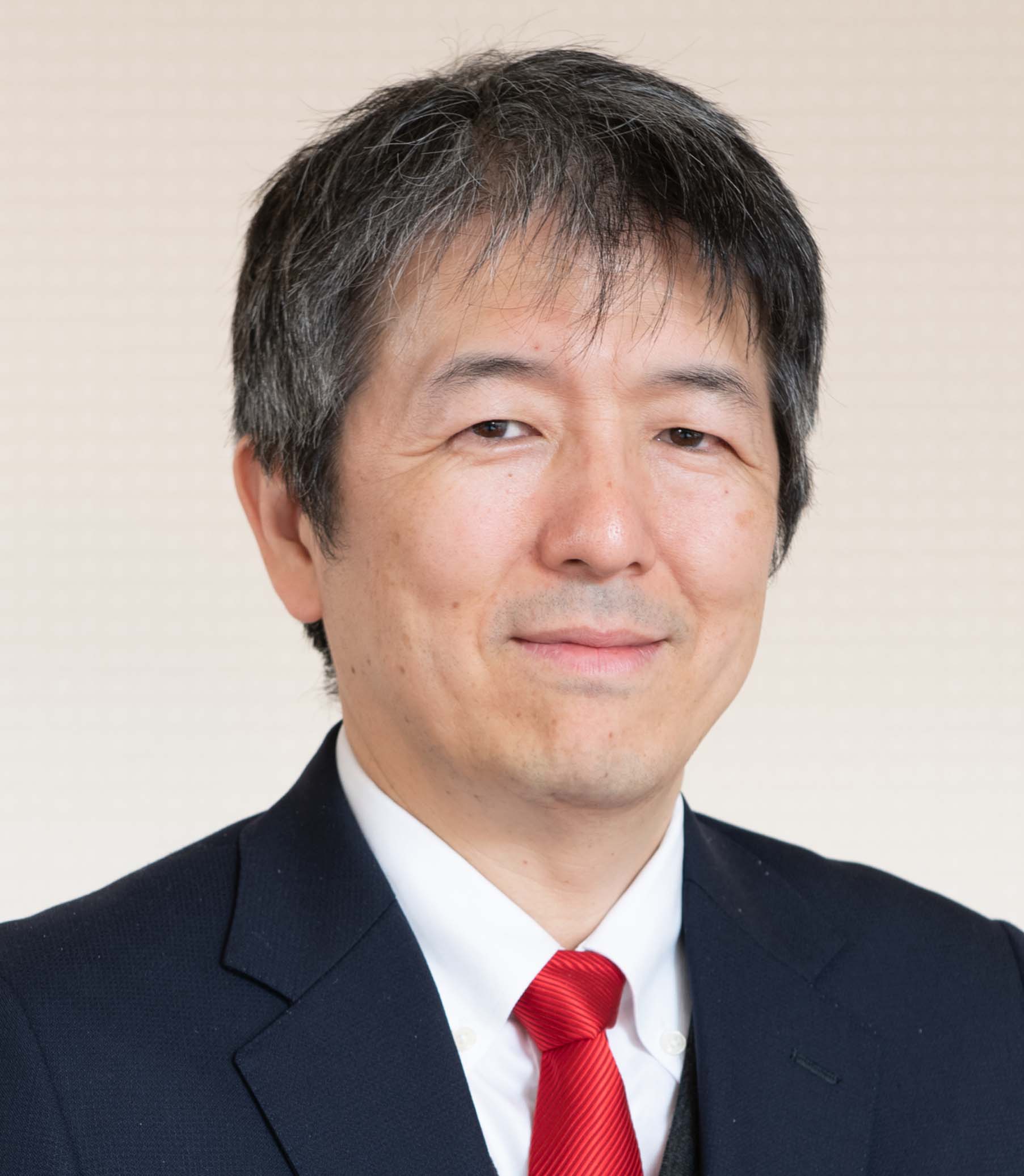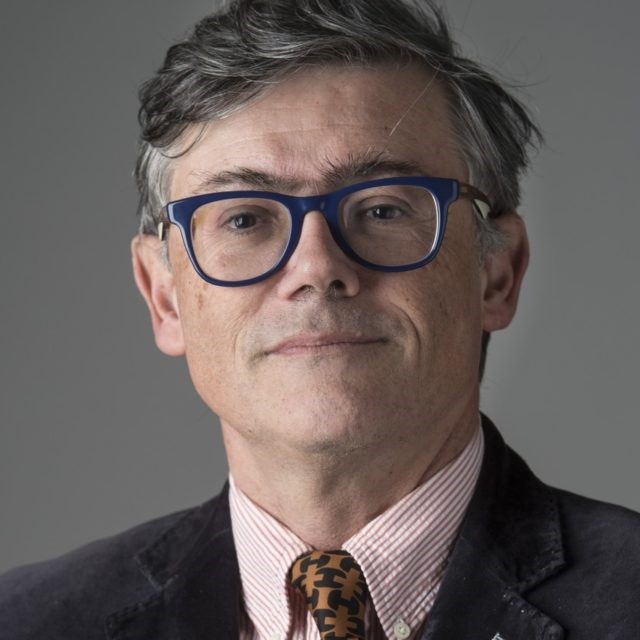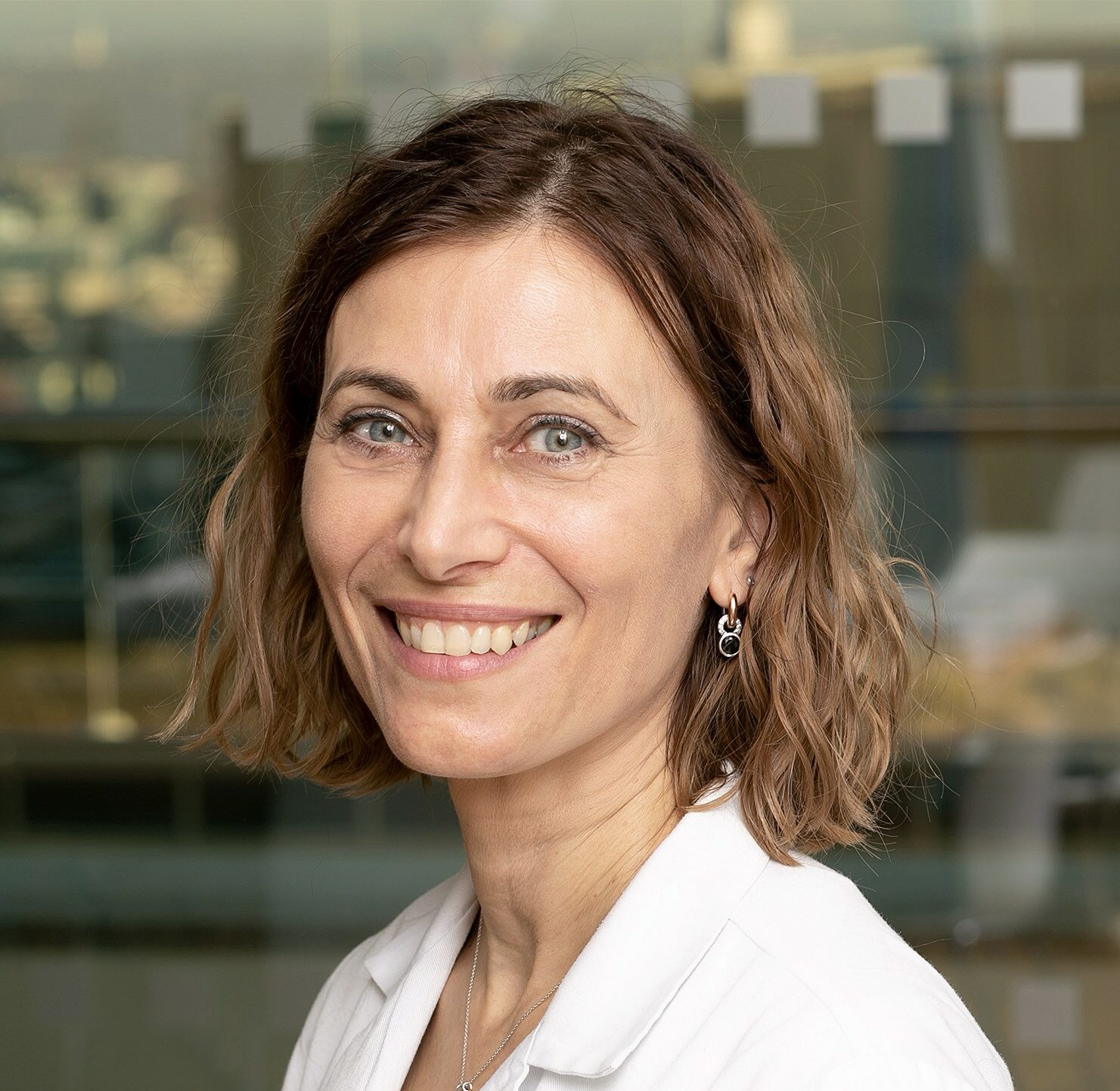touchEXPERT OPINIONS Targeting the underlying pathobiology of esophageal squamous cell carcinoma: The impact of emerging immunotherapies on future clinical practice
Leading experts provide an update on the underlying pathobiology of esophageal squamous cell carcinoma (ESCC), and review current and emerging therapies.
Prof. Ken Kato outlines current understanding of the underlying pathobiology of ESCC, including the primary mutations that are implicated, key features of the tumour microenvironment, and potential biomarkers for individualized therapy to improve patient outcomes.
**This video is part of a staggered activity launch and was accurate as of 6 December 2021**
1/3 Next InterviewIn this interview, Prof. Ken Kato answers the following questions:
- What are the most common mutations observed in ESCC?
- What are the primary features of the tumour microenvironment for ESCC?
- Which tumour cell‐extrinsic factors can be potentially used as biomarkers to individualize therapy?
- Which tumour cell‐intrinsic factors can be potentially used as biomarkers to individualize therapy?
Ken Kato, MD, PhD, is a Gastrointestinal Oncologist at the National Cancer Center Hospital in Tokyo, Japan, where he is currently Chief of the Departments of Head and Neck, Esophageal Medical Oncology; Gastrointestinal Medical Oncology; and Translational Research Support Section, Clinical Research Coordinating Section, Clinical Research Support Office. read more
Prof. Kato’s special interests include chemotherapy and chemoradiotherapy for upper-gastrointestinal tumours, multimodal treatment for esophageal cancer, and Biobank and translational research. He has conducted many clinical trials in esophageal cancer, including a phase II trial of chemoradiotherapy for ESCC. He is the group coordinator of the Japan Clinical Oncology Group esophageal cancer study group, and principal investigator for the phase III trial of the comparison of neoadjuvant chemotherapy and adjuvant chemoradiotherapy for locally advanced ESCC, named JCOG1109. The study is ongoing with 600 patients with ESCC. He has also been involved in many clinical trials of immunotherapy for ESCC.
Prof. Ken Kato discloses: Grants or contracts from AstraZeneca, Bayer, Beigene, Bristol Myers Squibb, Chugai, Novartis, MSD, ONO, Shionogi and Taiho;Consulting fees from Beigene, Bristol Myers Squibb and ONO; Payment or honoraria for lectures, presentations, speakers bureaus, manuscript writing or educational events from Bristol Myers Squibb and ONO; and Monitoring Board or Advisory Board fees from Daiichi Sankyo.
Dr Jean-Philippe Metges provides an overview of current phase III trials for the first-line treatment of ESCC. In this interview, he shares expert insights on key mechanisms of action that are being exploited by immunotherapies and likely clinical implications for patients with ESCC, based on the latest data.
**This video is part of a staggered activity launch and was accurate as of 10 March 2022**
2/3 Next InterviewIn this interview, Dr Jean-Philippe Metges answers the following questions:
- What key mechanisms of action are being exploited for the potential first-line treatment of ESCC?
- What phase III clinical trials have investigated or are investigating first-line therapies for ESCC?
- What have we learned so far in terms of the safety of current and emerging first-line therapies for ESCC?
- Based on the latest data, what are the likely clinical implications for the first-line treatment of ESCC?
Jean-Philippe Metges, MD, is a Professor at the Cancer and Hematology Institute, Brest University Hospital, France. read more
Dr Metges is an oncologist specializing in digestive cancer. He is Co-President of French Cancer Meetings and member of the French Hospital Federation, Cancer Committee.
Dr Jean-Philippe Metges discloses: Honoraria from Bayer, Bristol Myers Squibb and Merck Sharp & Dohme.
Dr Radka Obermannova provides an overview of current phase II and III trials for the second-line treatment of ESCC. In this interview, she shares expert insights on the likely clinical implications for patients with ESCC, based on the latest data.
**This video is part of a staggered activity launch and was accurate as of 8 June 2022**
3/3 Leave FeedbackIn this interview, Dr Radka Obermannova answers the following questions:
- What phase II/III clinical trials have investigated or are investigating second-line therapies for ESCC?
- What have we learned so far in terms of the safety of current and emerging second-line therapies for ESCC?
- Based on the latest data, what are the likely clinical implications for the second-line treatment of ESCC?
Dr Radka Obermannova, PhD, is a consultant medical oncologist in the Department of Comprehensive Cancer Care at Masaryk Memorial Cancer Institute in Brno, Czech Republic. read more
Dr Obermannova specializes in the treatment of patients with gastrointestinal (GI) cancers. She graduated from Masaryk University in Brno and completed her medical oncology training and PhD study at the same university. Her scientific focus on GI cancer inspired her to undertake a research career in the optimization of multimodal treatment of gastric cancer, involving predictors of treatment response.
Dr Obermannova was head physician of a GI inpatient ward, and since 2012, has served as chief physician of a phase I unit. She is involved in drug development as a principal investigator and co-investigator of phase I–III clinical trials. Dr Obermannova is a co-author of national guidelines on esophageal and gastric cancer, and she is also a co-author of ESMO Oesophageal Cancer Treatment Guidelines.
Dr Obermannova is an active member of the ESMO Gastrointestinal Non-Colorectal Faculty and co-chair of the EORTC Individualized Therapy Task Force for the Gastrointestinal Tract Cancer Working Group. She is also a member of the International Gastric Cancer Association and the Czech Society for Oncology.
Dr Radka Obermannova discloses: Honoraria from Bristol Myers Squibb, Merck, Merck Sharp & Dohme and Servier. Research support fees (to institution) from Roche. Employment and leadership fees from CZECRINonco (chair of CZECRINonco Board), EORTC (co-chair of Individualized Therapy Task Force) and Masaryk Memorial Cancer Institute (Department of Comprehensive Cancer Care).
Overview & Learning Objectives
Overview
In this activity, leading experts in esophageal cancer discuss recent advances in esophageal squamous cell carcinoma (ESCC). They provide an update on current understanding of the underlying pathobiology of ESCC, and consider the impact of current and emerging immunotherapies on clinical practice.
Learning Objectives
After watching this activity, participants should be better able to:
- Recall the complex underlying pathobiology of ESCC
- Analyse the impact of immunotherapy as first-line treatment for patients with ESCC
- Appraise the impact of emerging treatments on standard of care following failure of later-line therapy for ESCC

Register to touchONCOLOGY for FREE
- Peer-reviewed journals and expert opinions
- Interactive CME and e-learning modules
- Video conference highlights




